 Interview
Interview
10/16/2023
Rony Brauman
This interview by Didier Billion and Marc Verzeroli was originally published in the Revue internationale et stratégique. To examine the concept of de-westernization, Rony Brauman describes the current state of international relations, marked by fluid alliances and new power relationships. He states and details his reservations about whether universal values truly exist and how the international criminal justice system functions.
 Video
Video
11/23/2023
On September 14th, 2023, the Journal of Humanitarian Affairs, the academic journal in open access, hosted jointly by the Crash, The Humanitarian Affairs Team at Save the Children UK (HAT) and the Humanitarian and Conflict Response Institute at the University of Manchester (HCRI), has published a new issue entitled “Humanitarian numbers”. The latter focuses on the technical aspect of numbers, dealing with two main questions: What datafication means? How well does the quantitative represent reality?
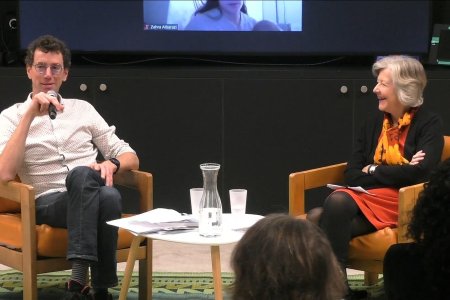 Conference
Conference
12/06/2023 - 07:30 PM 09:30 PM
Ahmed Youssef
Agnès Levallois
Joseph Daher
Crash and iReMMO were pleased to invite you on Wednesday 6 December at 6.30pm to a round table discussion on the challenges, constraints, and limits of humanitarian aid in Syrian government zones.
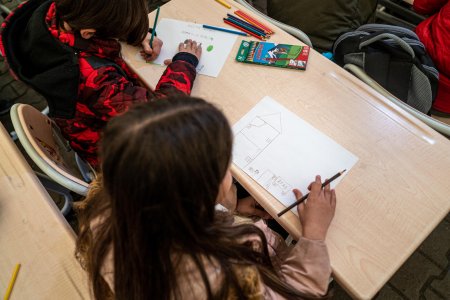 Mariana Abdalla/MSF
Analysis
Mariana Abdalla/MSF
Analysis
06/05/2023
Laure Wolmark
This article was published on March 27th, 2023 in the journal Alternatives Humanitaires, in an edition focused on mental health.
 Todd Brown
Interview
Todd Brown
Interview
06/30/2023
Bertrand Taithe
Fabrice Weissman
Mickaël Le Paih
The central question raised in this discussion relates to two profoundly intermeshed issues for humanitarian practitioners and organisations: the use of history for humanitarian organisations, and the need for them to preserve and maintain archives
 Djerabe Ndegrgar
Opinion
Djerabe Ndegrgar
Opinion
12/30/2022
Michel-Olivier Lacharité
This article was published on December 26th, 2022 on the Souk, the MSF associative website.
Accusing the mothers of malnourished children of being lawless fraudsters is a well-worn trope in malnutrition treatment programmes worldwide – and one that has resurfaced recently in Nigeria, stirred up by health workers and the media. These types of accusations obscure a series of tricky truths on the control of resources, the quality of malnutrition treatment programmes, and on the extreme precariousness in which many families live. We see all of this in northwest Nigeria’s Katsina state, where we are currently conducting the largest malnutrition programme in the history of Médecins Sans Frontières/Doctors Without Borders (MSF).
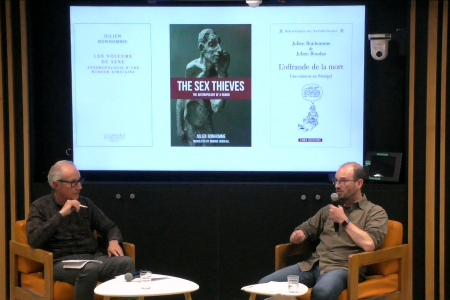 Conference
Conference
05/09/2023 - 08:30 PM 10:30 PM
Julien Bonhomme
We were pleased to welcome anthropologist Julien Bonhomme, author of the book The Sex Thieves: The Anthropology of a Rumor for a conference and debate on Tuesday, May 9th, 2023 at 18:30 (Paris time) at MSF (34 avenue Jean Jaurès, 75019 Paris).
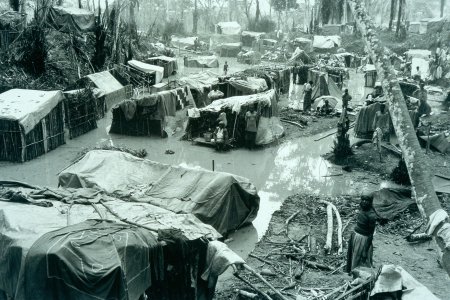 Frederic Sautereau
News in brief
Frederic Sautereau
News in brief
01/05/2023
Laurence Binet
MSF releases the podcast “MSF Speaking Out: The Hunting and Killing of Rwandan refugees in Zaire-Congo 1996-1997” describing the dilemmas, challenges and controversies faced by the MSF teams including: could MSF communicate publicly on the health condition of the refugees when its access to them had recently been denied? When it realised its teams were being used to lure and kill refugees, should the organisation cease its activities and condemn this manipulation?
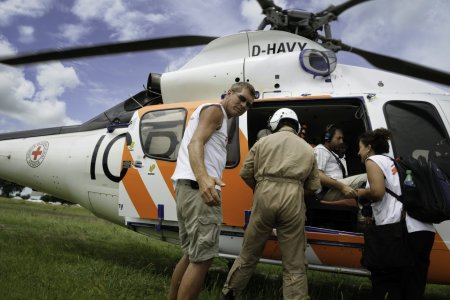 Robin Meldrum/MSF
Analysis
Robin Meldrum/MSF
Analysis
06/28/2019
Rony Brauman
The rehabilitation of international humanitarian law (IHL) has become a priority for those who think that the horrors of contemporary wars are largely due to the blurring of the distinction between civilians and combatants and for those who think that campaigning for the respect of IHL could result in more civilised wars. Similarly, respect for humanitarian principles is still seen by many as the best tool available to protect the safety of aid workers. In this text, I argue that both assumptions are misled. The distinction between civilians and combatants, a cornerstone of IHL, has been blurred in practice since the late nineteenth century. In addition, humanitarian agencies claiming to be ‘principled’ have been victims of attacks as much as others. History and current practice tell us that neither IHL nor humanitarian principles provide safety or can guide our decisions. Accepting their symbolic value, rather than their unrealised potential to protect and solve operational dilemmas, would free humanitarian agencies from endless speculations.
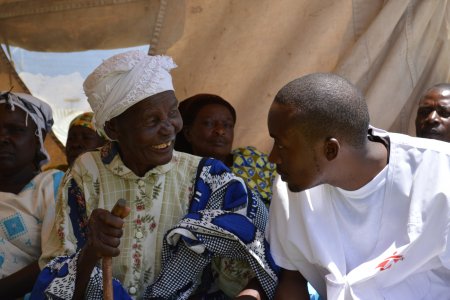 Jean-Christophe Nougaret/MSF
Analysis
Jean-Christophe Nougaret/MSF
Analysis
11/14/2021
Elba Rahmouni
Pierre Mendiharat
Léon Salumu Luzinga
This article was first released in the 18th volume of the Humanitarian Alternatives magazine. Designed to reduce the incidence of HIV/AIDS in a Kenyan district, a Médecins Sans Frontières project successfully exceeded the “90-90-90” target set by UNAIDS. A look back on the results that the authors of this article - Pierre Mendiharat, Deputy director of operations at MSF France and Léon Salumu Luzinga, Program manager at MSF France, interviewed by Elba Rahmouni - believe are encouraging but by no means a guarantee that the epidemic will be over by 2030.
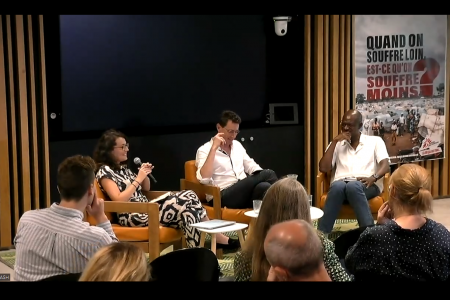 Conference
Conference
06/28/2022 - 06:30 PM 08:30 PM
Myfanwy James
Conference and debate, June 28th, 2022, from 18:30 to 20:30 (Paris time), MSF (salle du premier, 14-34 avenue Jean Jaurès, 75019 Paris). The conference was livestreamed and translated simultaneously to English.
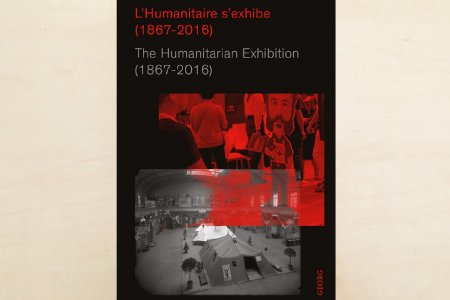 Analysis
Analysis
05/16/2022
Bertrand Taithe
The Swiss editor Georg just published in open access a collection of articles edited by Sébastien Farré, Jean-François Fayet and Bertrand Taithe. This book is devoted to the emergence of humanitarian exhibitions either within wider events or in their own right, as an attempt to focus attention and make sense of the aid humanitarians provided. The book argues that this exhibition process was central to the narration of the humanitarian project. It did not simply represent humanitarian work, it helped shape its essential identity and sense of purpose. Entail the development of new ways of thinking about needs and emergencies.
 Interview
Interview











